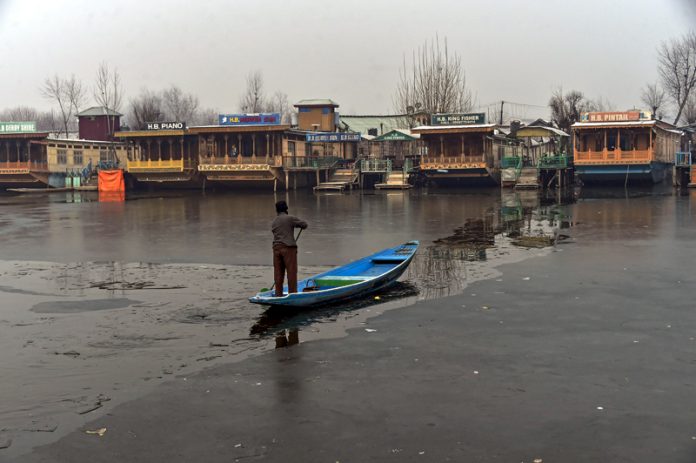The intervention by the NGT to address the deteriorating condition of Dal Lake in Kashmir is a timely reminder of the urgent need for concerted action to preserve one of the region’s most iconic natural assets. The plight of Dal Lake, once renowned for its pristine beauty and tranquil waters, now stands as a stark testament to the detrimental effects of unchecked urbanisation, pollution, and neglect. Most affected are the Hanji people, who have historically made their homes and livelihoods on the houseboats dotting the lake’s surface. These resilient communities have witnessed firsthand the gradual decline of their environment as municipal sewage, plastic pollution, and the pressures of urban expansion have encroached upon their way of life. The consequences of this environmental degradation are manifold. The once-clear waters of Dal Lake are now choked with plastic debris and contaminated with sewage, rendering them unfit for consumption or even basic hygiene.
It is crucial to recognise that the current state of Dal Lake is not solely the result of recent developments but rather the culmination of decades of unsustainable practices and neglect. The surge in population and tourism, coupled with inadequate waste management infrastructure, has exacerbated the lake’s degradation, turning it into a shadow of its former self. Thousands of crores have been spent, but there has been no significant improvement in Dal’s condition. It leaves a big question mark on UT’s departments assigned the task of protecting Dal and pollution at the general level. Addressing the myriad challenges facing Dal Lake, immediate action must be taken to mitigate the sources of pollution, including the implementation of robust sewage treatment systems and the enforcement of strict regulations on waste disposal. Relocation of Hanji people by providing support for alternative livelihoods, investing in eco-friendly tourism initiatives, and fostering community-led conservation efforts are viable steps to be taken. The NGT’s intervention serves as a valuable opportunity to catalyse collective action and mobilise resources towards restoring Dal Lake to its former glory.
Trending Now
E-Paper


